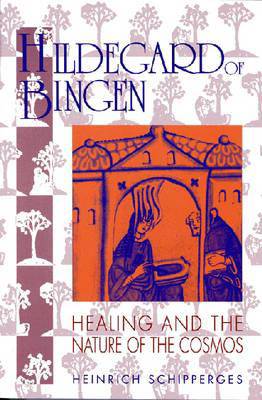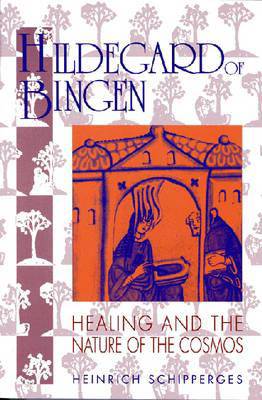
- Retrait gratuit dans votre magasin Club
- 7.000.000 titres dans notre catalogue
- Payer en toute sécurité
- Toujours un magasin près de chez vous
- Retrait gratuit dans votre magasin Club
- 7.000.0000 titres dans notre catalogue
- Payer en toute sécurité
- Toujours un magasin près de chez vous
Hildegard of Bingen
Healing and the Nature of the Cosmos
Heinrich SchippergesDescription
Hildegard of Bingen's contemporaries called her "prophetissa teutonica," honoring her philosophical writings and interpretation of the cosmos. Medievalists still consider her one of the leading mystics, and point to her active spiritual and artistic life in the twelfth century as the finest example of what a woman can achieve. She was praised for her natural gifts, her prophetic charisma, and her dynamic reforming disposition.
The abbess Hildegard of Bingen was the first composer to sign her musical works. As a playwright and author, she witnessed and shaped the time of the Crusades, the literary minnesang, and political and theological debate.
The author draws a complex picture of her life and work, as he "translates" Hildegard's ideas and her mysterious world of symbols from medieval Latin into contemporary concepts.
Spécifications
Parties prenantes
- Auteur(s) :
- Traducteur(s):
- Editeur:
Contenu
- Nombre de pages :
- 130
- Langue:
- Anglais
Caractéristiques
- EAN:
- 9781558761384
- Date de parution :
- 31-07-18
- Format:
- Livre broché
- Format numérique:
- Trade paperback (VS)
- Dimensions :
- 153 mm x 228 mm
- Poids :
- 204 g

Les avis
Nous publions uniquement les avis qui respectent les conditions requises. Consultez nos conditions pour les avis.






